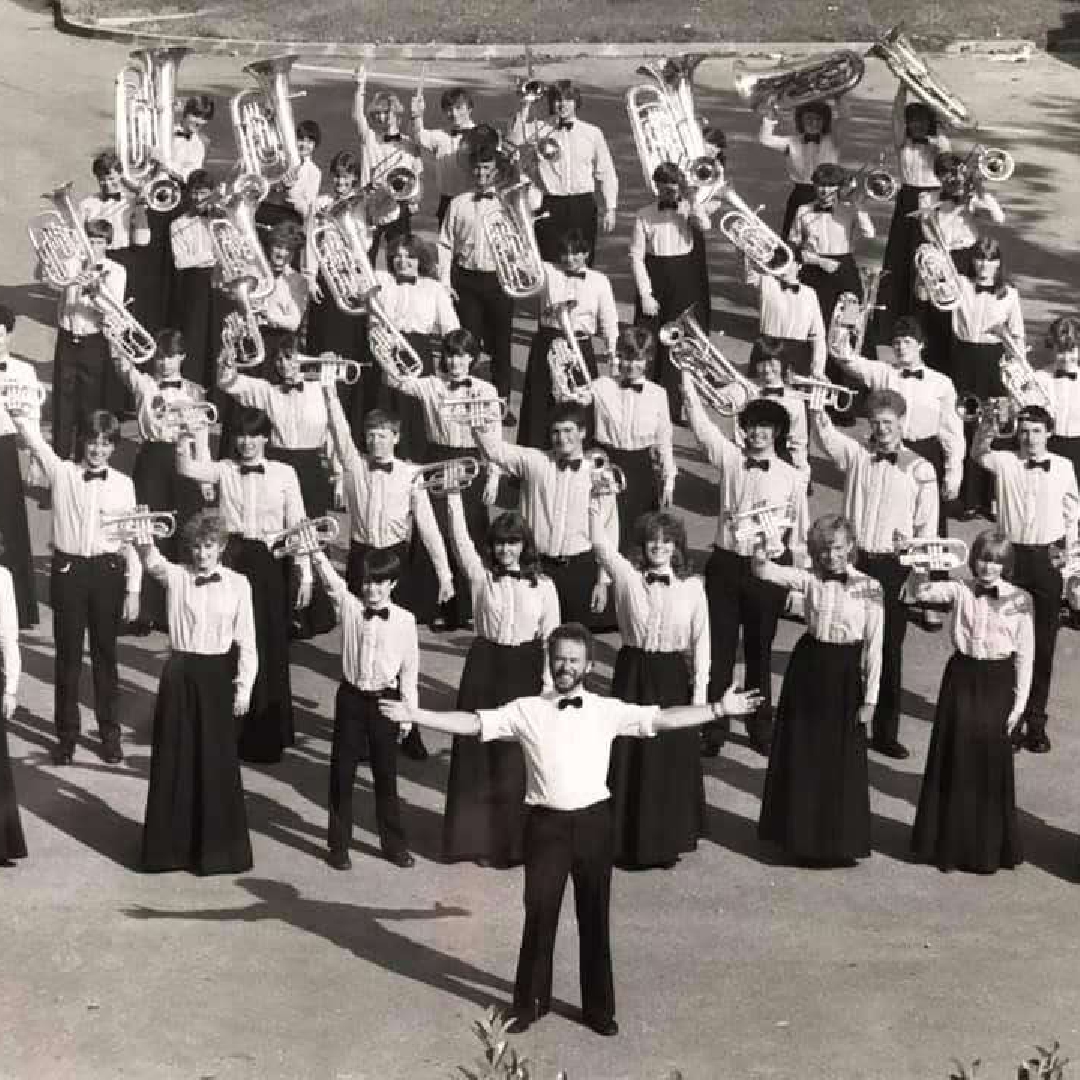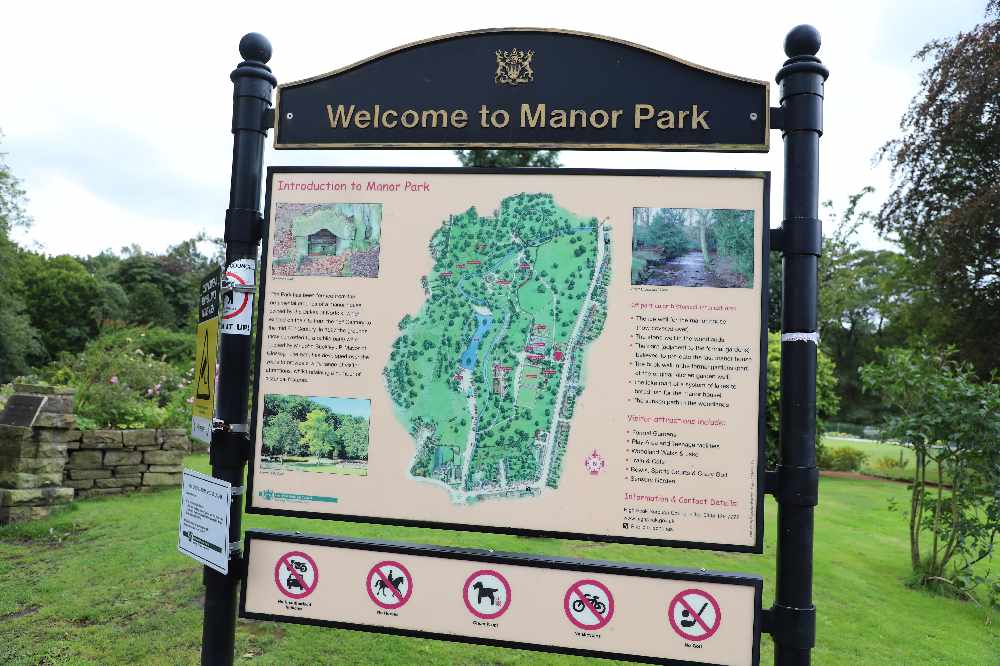
High Peak Borough Council’s Executive has outlined a proposed financial plan to balance its budget for the 2025-26 financial year with a planned 2.99per cent increase to its share of the council tax and a proposed 2.7per cent housing rent increase for its tenants.
The Labour-controlled authority’s Executive considered a Budget plan report for the 2025-26 financial year at an Executive meeting on February 13 to be presented to the council at a forthcoming meeting with its proposed Medium-Term Financial Plan for 2025-26 to 2028-29 after considering the Government’s financial funding settlement for the authority.
A council spokesperson stated: “The financial settlement allows for up to a three per cent increase in council tax. It should be noted that the Treasury’s published figures do assume all authorities maximise the increase.
“The way capping works, if the maximum increase is not taken then that opportunity is lost forever. Having completed the annual budget exercise, a balanced budget for 2025-26 has been achieved.
“The final General Fund budget proposal for 2025-26 provides for a net budget of £15,169,200 and a council tax increase of £6.51 on a Band D equivalent property (2.99per cent).”
Government has introduced a Funding Floor grant at £721,280, a Recovery grant at £28,170, a New Homes Bonus at £49,780, and Revenue Support Grant at £152,760 for 2025-26 and its settlement for the council also indicated there will be Employer National Insurance contributions funding but the amount has not yet been confirmed.
The council’s Chief Finance Officer has also stated that the level of reserves are adequate for the council based on this budget and the circumstances at the time.
However, the volatility of the national economic situation remains challenging and unpredictable, according to the council, and the potential impact of interest rates and inflation will continue to be monitored.
The Labour Government’s Local Government Reorganisation plans which include potentially creating unitary authorities in two-tier local authority areas in England like Derbyshire by introducing mayors and merging district and borough councils under a devolution White Paper are also having to be assessed by High Peak Borough Council.
A council spokesperson added: “The Paper sets out profound and far reaching changes to Local Government in England. However, whilst the proposed changes are significant, as a White Paper, they are set out as intentions and there is much work to be done to establish the specific impact and associated timing on the council’s finances and so we assess this as a risk and continue to work with our colleagues across our region to develop plans in response.”

The spokesperson added: “This MTFP does not include any projections or estimation to reflect the potential financial implications of Local Government Reorganisation under English Devolution as there is not yet sufficient detail or certainty as to the impact. This therefore represents a significant risk to the four-year balanced MTFP.”
High Peak Borough Council is also wary that any changes by Government to local authority core funding and the Business Rates Retention Scheme, including resetting the baseline income, may have significant impacts on the council’s finances.
The council expects to incur costs higher than anticipated originally after setting the MTFP last year with an increase of three per cent anticipated with pay awards during the second half of the MTFP and although inflation has reduced from the high levels of recent years, the council feels inflation remains volatile and unpredictable.
However, the council says it has established a balanced 2025-26 budget for the authority – overseen by Cllr Alan Barrow, Executive Councillor for Corporate Services and Finance – on both the revenue and capital side but greater uncertainty and risk is expected in the MTFP for future years.
The council states the forecast predicts a balanced budget position by 2028-29 with a reduced use of reserves and the final Housing Revenue Account budget proposal for 2025-26 provides for a net budget of £17,611,580 based on a council dwelling rent increase of 2.7per cent which is the level at which the Government restricted the 2025-26 rent increase for existing tenants.
High Peak Borough Council’s Capital Strategy and Capital Programme have also been updated and the council states these will allow for additional investment in priority areas.
And the Medium Term Financial Plan, according to the council, includes an updated General Fund Capital Programme of £37,271,110 over the period 2024-25 to 2028-29 and an HRA Capital Programme of £39,421,100 over the same period.
The budget setting and MTFP process provides the council with the opportunity to plan its delivery of public services and the report also establishes an overarching Capital Strategy setting out the fees and charges that are proposed for 2025-26 with details of its Procurement Forward Plan for 2025-26 involving expected contracts.
High Peak Borough Council’s Executive agreed to recommend at its meeting at The Pavilion Gardens, in Buxton, that when the council next meets it approves a Band D Council Tax of £224.19 for 2025-26 with an increase of £6.51 or 2.99per cent and that all dwellings rents should increase by 2.7per cent, increasing the average rent from £82.84 to £86.91 per week.
It has also recommended that the council approves the General Fund Budget for 2025/26, the revised MTFP for 2025-26 to 2028-29, the 2025-26 Capital Strategy, proposed fees and charges for 2025-26, the proposed Procurement Forward Plan for 2025-26 for contracts and that it notes the Chief Finance Officer’s view that the level of reserves are adequate.
The full council will consider the Executive’s budget and MTFP recommendations at a meeting on February 27.


 Award-winning band strikes up a fitting tribute
Award-winning band strikes up a fitting tribute
 Student making headlines with new shoe brand
Student making headlines with new shoe brand
 Think! Fatal 4 Offences
Think! Fatal 4 Offences
 Free football to counteract anti-social behaviour
Free football to counteract anti-social behaviour

